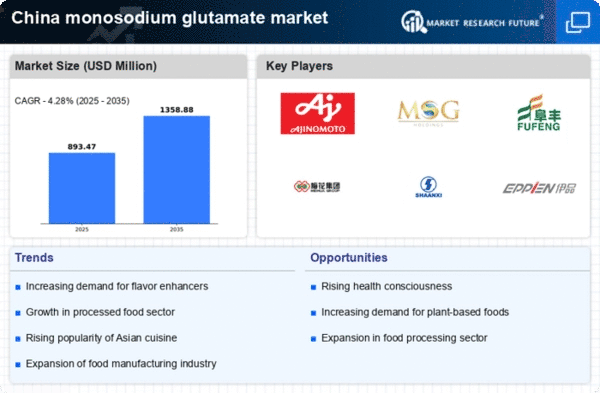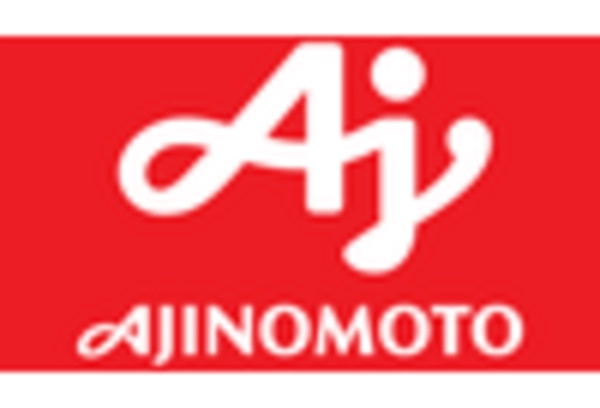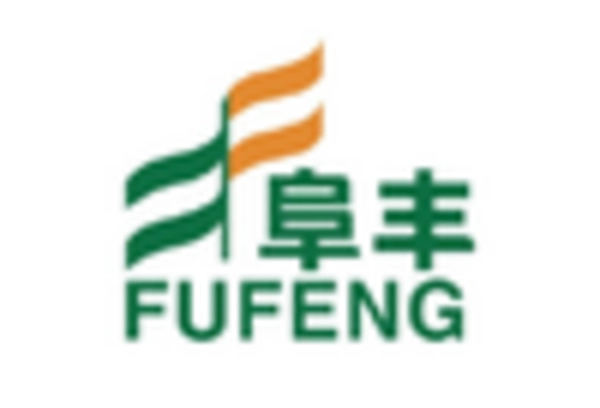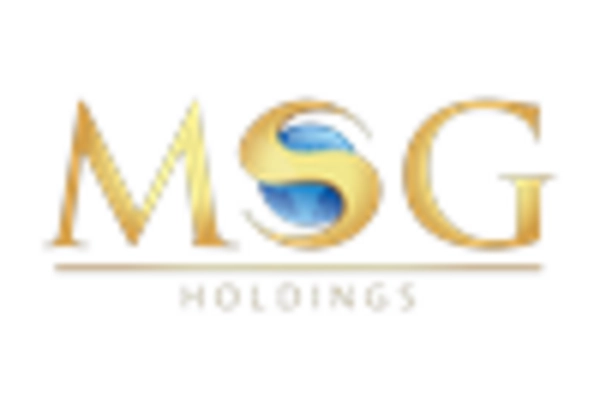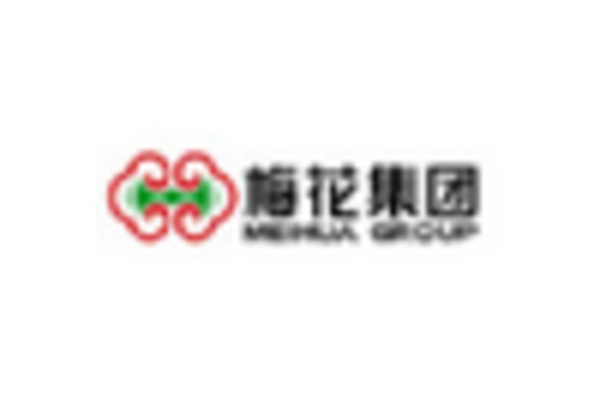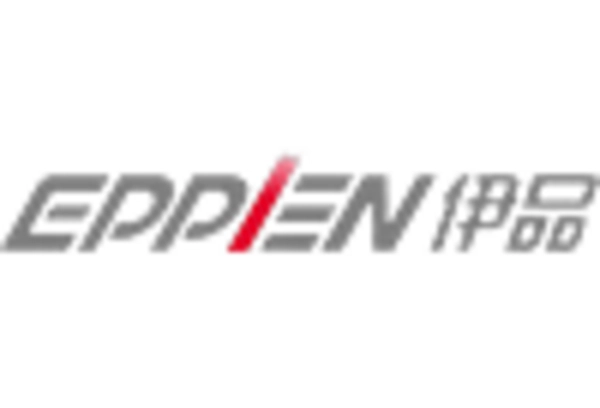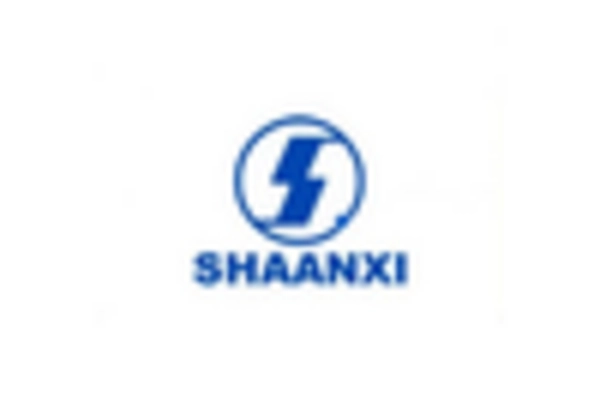The monosodium glutamate market in China is characterized by a competitive landscape that is both dynamic and multifaceted. Key growth drivers include increasing consumer demand for flavor enhancers in the food industry, alongside a rising trend towards healthier eating habits that favor natural ingredients. Major players such as Ajinomoto (Japan), Fufeng Group (China), and Meihua Group (China) are strategically positioned to leverage these trends. Ajinomoto (Japan) focuses on innovation and product diversification, while Fufeng Group (China) emphasizes regional expansion and supply chain optimization. Meihua Group (China) appears to be investing in digital transformation to enhance operational efficiency. Collectively, these strategies shape a competitive environment that is increasingly focused on sustainability and technological advancement.In terms of business tactics, localizing manufacturing and optimizing supply chains are pivotal for companies operating in this market. The competitive structure is moderately fragmented, with several key players exerting influence over market dynamics. This fragmentation allows for a variety of product offerings, catering to diverse consumer preferences. The collective influence of these companies fosters a competitive atmosphere where innovation and responsiveness to market demands are crucial for success.
In October Fufeng Group (China) announced the opening of a new production facility in Inner Mongolia, aimed at increasing its output capacity by 30%. This strategic move is significant as it not only enhances Fufeng's manufacturing capabilities but also positions the company to better serve the growing demand for monosodium glutamate in both domestic and international markets. The expansion reflects a commitment to meeting consumer needs while optimizing production efficiency.
In September Ajinomoto (Japan) launched a new line of naturally derived monosodium glutamate products, targeting health-conscious consumers. This initiative underscores Ajinomoto's focus on innovation and aligns with the broader market trend towards natural ingredients. By diversifying its product portfolio, Ajinomoto aims to capture a larger share of the market, particularly among consumers seeking healthier alternatives.
In August Meihua Group (China) entered into a strategic partnership with a leading technology firm to integrate AI into its production processes. This collaboration is expected to enhance operational efficiency and reduce costs, thereby improving Meihua's competitive positioning. The integration of AI technology signifies a shift towards more advanced manufacturing practices, which could set a new standard in the industry.
As of November current competitive trends in the monosodium glutamate market include a pronounced focus on digitalization, sustainability, and the integration of AI technologies. Strategic alliances are increasingly shaping the landscape, enabling companies to pool resources and expertise. Looking ahead, competitive differentiation is likely to evolve from traditional price-based competition towards innovation, technological advancements, and supply chain reliability. This shift suggests that companies that prioritize these areas will be better positioned to thrive in an increasingly competitive market.


